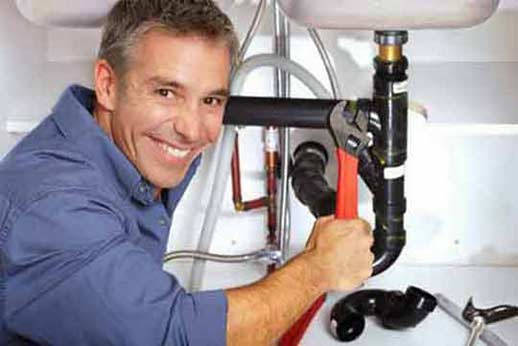
When it comes to your home’s plumbing, it’s important to be proactive and ask the right questions to ensure that everything is in good working order. Finding a reliable plumber near you in Chicago, IL is the first step in addressing any plumbing issues you may have. But once you’ve found a potential plumber, what are the best questions to ask? Here we will provide you with a comprehensive list of questions to ask a plumber about your home’s plumbing.
Why is it Important to Ask Questions?
As a homeowner, it’s crucial to have a clear understanding of your home’s plumbing system. Whether you’re dealing with a minor leak or a major plumbing emergency, asking the right questions can help you make informed decisions and prevent future issues. By asking a plumber near you in Chicago specific questions about your plumbing, you can gain valuable insights into the condition of your pipes, fixtures, and water supply.
The Best Questions to Ask a Plumber Near Me
1. Are you licensed and insured?
It’s important to hire a plumber who is licensed and insured. This ensures that they have the necessary qualifications and expertise to handle your plumbing needs. Additionally, hiring an insured plumber protects you in case of any accidents or damage that may occur during the job.
2. How long have you been in the plumbing business?
Experience matters when it comes to plumbing. An experienced plumber has likely encountered a variety of plumbing problems and knows how to solve them efficiently. Asking about their experience will give you confidence in their abilities.
3. Can you provide references from previous clients?
Requesting references allows you to hear directly from past clients about their experience with the plumber. It’s a great way to gauge the quality of their work and customer satisfaction.
4. Do you offer emergency plumbing services?
Plumbing emergencies can happen at any time, day or night. It’s important to know if the plumber offers emergency services and how quickly they can respond to an urgent situation.
5. What are your rates?
Understanding the plumber’s rates upfront is essential to avoid any surprises when receiving the bill. Consider asking for an estimate for the specific job you need to be done.
6. Do you offer any warranties or guarantees?
A reputable plumber should offer warranties or guarantees for their work. This shows their confidence in the quality of their service and gives you peace of mind.
7. What kind of plumbing services do you offer?
Make sure the plumber offers the specific services you need. Whether it’s detecting water leaks in your plumbing, installing new fixtures, or dealing with sewer line issues, it’s crucial to find a plumber who specializes in the services you require.
8. Are there any preventative measures I can take to avoid future plumbing issues?
Prevention is key when it comes to plumbing problems. Ask the plumber for advice on how to maintain your plumbing system and prevent future issues. They may recommend routine maintenance or certain practices to keep your pipes in good condition.
9. How can I improve the efficiency of my plumbing system?
If you’re concerned about water conservation or high utility bills, ask the plumber for tips on improving the efficiency of your plumbing system. They may suggest installing low-flow fixtures or identifying potential areas of water waste.
10. What should I do in case of a plumbing emergency?
It’s essential to know how to handle a plumbing emergency while waiting for the plumber to arrive. Ask for advice on shutting off the water supply, identifying key areas where shut-off valves are located, and any immediate actions to take to minimize damage.
To Sum it Up
By asking the right questions to a plumber in Chicago, you can ensure that your home’s plumbing is in good hands. Remember to inquire about licenses, experience, references, rates, warranties, and the specific services they offer. Additionally, ask for preventative measures and advice on improving the efficiency of your plumbing system. Armed with these questions, you will be well-prepared to make informed decisions and maintain a well-functioning plumbing system in your home.